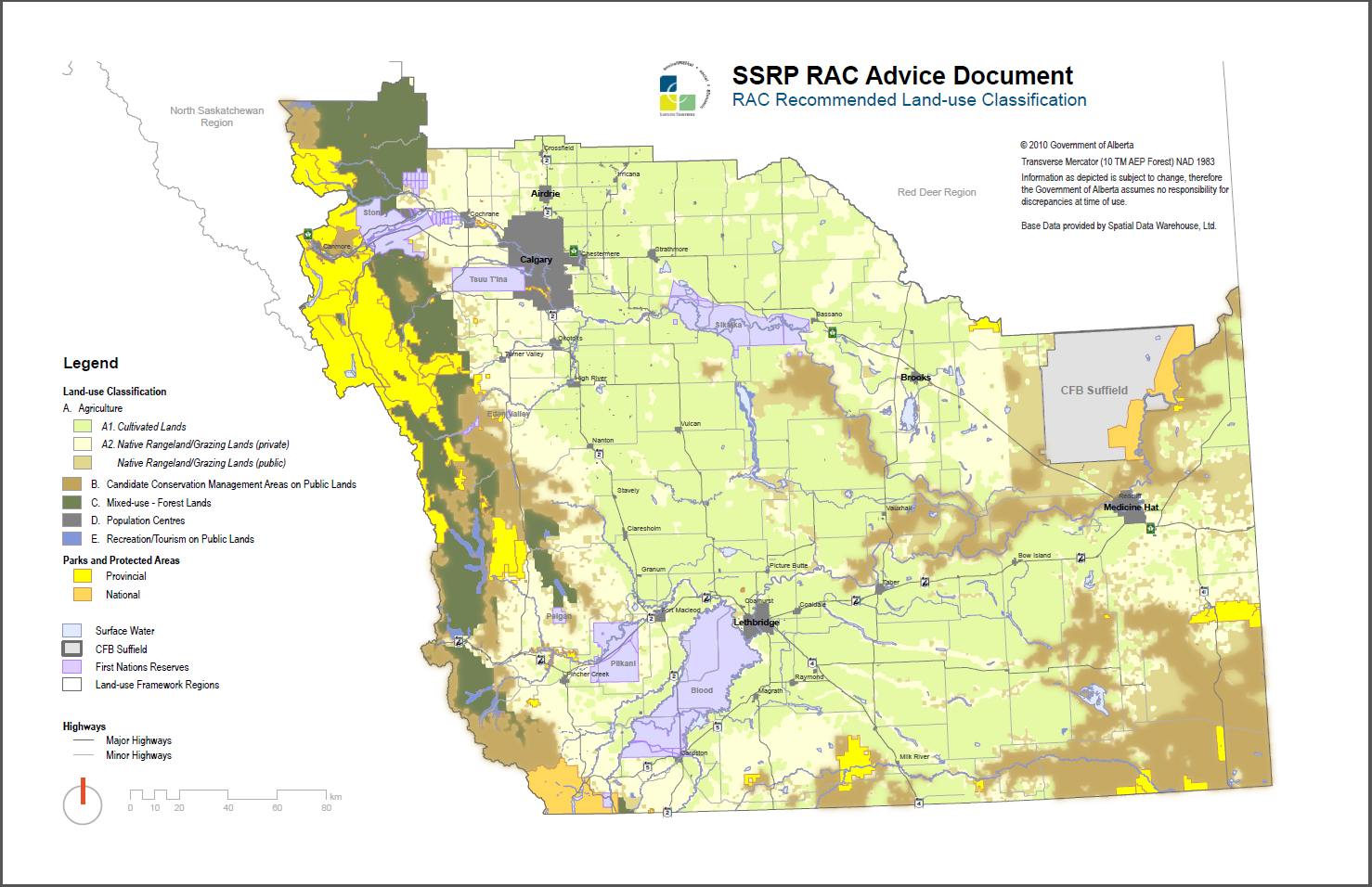KEITH GEREIN, EDMONTON JOURNAL : Thursday, November 08, 2012 7:35 AM
EDMONTON – Alberta opposition leaders say they are growing increasingly frustrated with a recent trend of Premier Alison Redford refusing to answer them in question period each day.
According to Hansard, the official record of the legislative assembly, Redford has risen to answer just over half of the questions so far directed her way during the fall session. The rest have been deflected to her ministers, while a handful have been ruled out of order by Speaker Gene Zwozdesky.
The trend has become particularly acute over the last four sitting days, when the premier responded to 18 of the 53 questions asked of her.
While that ratio might make for a decent baseball average, Redford seems more intent on playing dodge ball with their queries, the opposition leaders say.
“I think Albertans expect the premier will be brave enough to stand up and take questions from the opposition. It’s a shame she’s not,” said Wild-rose Leader Danielle Smith, who is entitled to the first three questions each day as head of the official opposition.
“She’s talked a lot about accountability, transparency and raising the bar, and we just haven’t seen that. It seems like any question we ask about accountability issues, she refuses to answer and defers to her ministers.”
This week, in particular, Redford has shown signs of being exasperated by opposition inquiries.
She replied to just one of the 14 questions put to her on Wednesday, and only after Liberal Leader Raj Sherman urged: “Premier, please get up and answer this question.”
Earlier questions from the Wildrose — on a controversial new MLA retirement benefit and an alleged shortage of prosecutors — were handled by ministers and deputy premier Thomas Lukaszuk, as were questions from NDP Leader Brian Mason.
On Tuesday, Sherman was again the only one to get a response from Redford, who answered all three of his questions but none of the other nine she received from the Wildrose and NDP.
“You know, Mr. Speaker, I’m so pleased to stand and answer that question, which is actually on government policy,” Redford told the chamber in reply to Sherman’s query about big city charters.
Smith said Redford’s behaviour amounts to a lack of respect for Albertans, since the Wildrose is asking the questions coming from constituents. Smith said her party has received more than 1,000 emails and calls in the last day about the new MLA retirement benefit approved by a PC-dominated committee.
Large donations to the Tories made by Oilers owner Daryl Katz, his family and associates has also been a favourite subject of attack.
“Part of what I would observe is that she only seems to stand up and speak when she can wax eloquent about nothing at all,” Smith said. “She doesn’t really want to talk about anything substantive and we are asking substantive questions.”
However, some Tories have suggested opposition MLAs might get more of the premier’s attention if they did a better job of playing by the house rules. They note Zwozdesky has frequently scolded members — particularly the largely rookie Wildrose caucus — for delving into prohibited areas such as PC party finances or referring to individuals who are not in the house to defend themselves. Question period is supposed to focus on government policy, he said.
Redford was not available for an interview Wednesday, but press secretary Kim Misik said the premier was throwing more questions to her ministers because she has confidence in their expertise.
“The ministers are the men and women who are in the best position to answer specifics. They have the expertise, they deal with these issues day in and day out and it is their mandate to be able to answer those kind of questions.”
Asked under what circumstances the premier will answer a question, Misik said it can differ from day to day.
“You will notice she does rise at specific times when there is a voice that can be lent on policy issues that concern her or that she can add a little something.”
However, both Sherman and Mason said Redford should be taking a more active position since it is her policies that the government is now implementing.
“The cabinet ministers are to a large degree carrying out her decisions, so to force them to answer the questions is not the most courageous,” Mason said.
Mason said that of the three PC premiers he has served with, Redford’s behaviour in question period stands out. He said both Ralph Klein and Ed Stelmach answered virtually all the questions put to them in the early part of question period, and Klein even stuck around to answer additional queries.
As for Redford, “she is out of there like a shot,” after the first five rounds of questions, Mason said.
“It’s almost like she doesn’t want to be in the legislature,” Sherman said. “When a party leader asks a question, when it’s leader to leader, you gotta stand up and answer that question.
“Question period is when Albertans get to see their leaders and see what’s happening with their democratic institutions.”
Edmonton Journal

